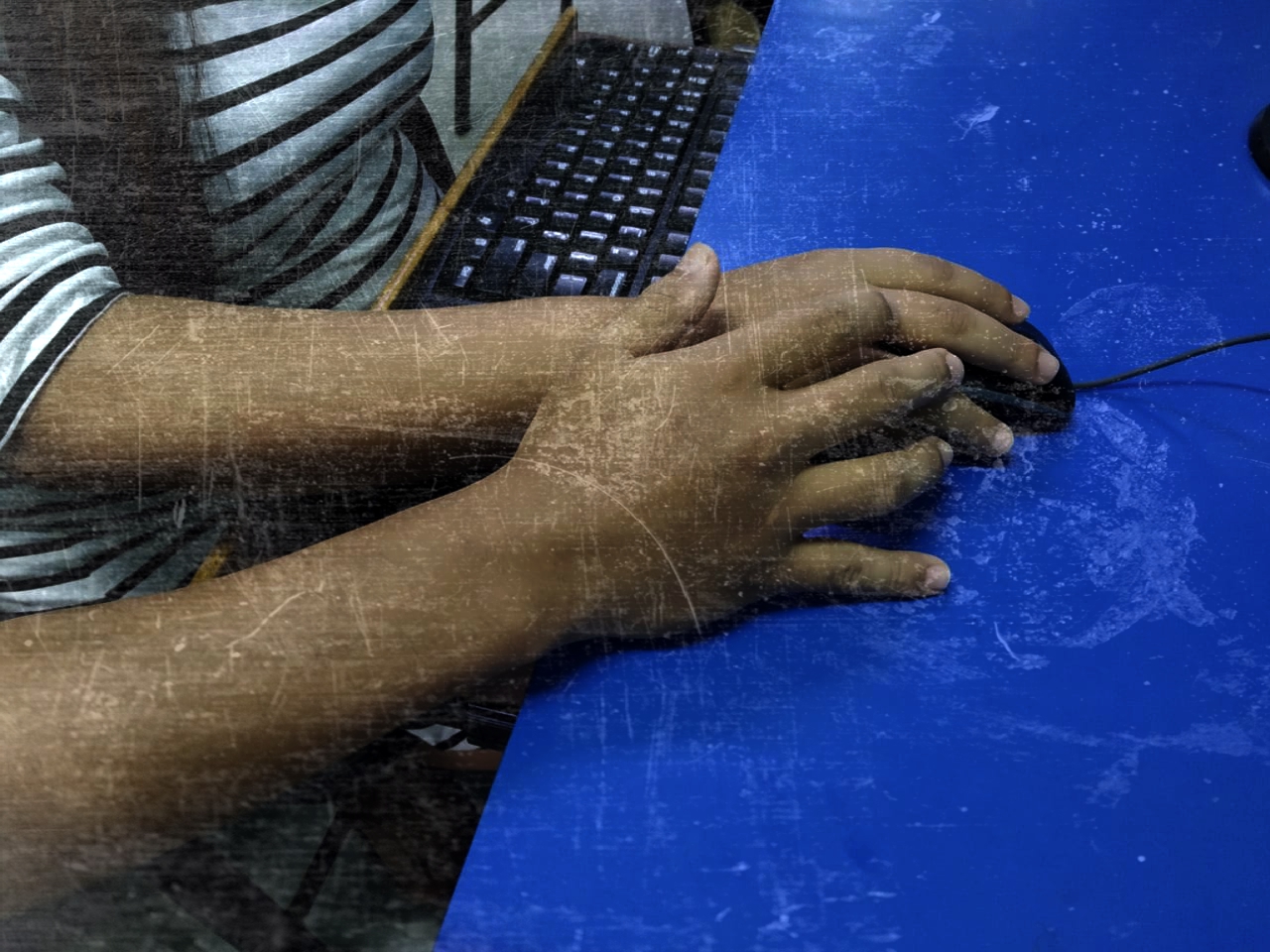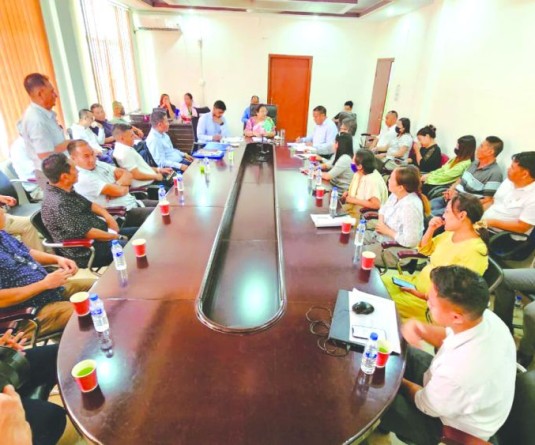Sexual Harassment at Workplace: fear, shame cripple victims

Despite the rising crimes against women in the past decade, Nagaland still tops the list of one of the safest states for women in India. So are low incidents of rape and molestation the only criterion for safety of women? (Morung Photo: for representational purposes only )
Are low incidents of rape and molestation the only criterion for safety of women?
Y Merina Chishi
Dimapur | September 30
Nagaland is often perceived safe for women. Despite the rising crimes against women in the past decade, Nagaland still tops the list of one of the safest states for women in India. So are low incidents of rape and molestation the only criterion for safety of women?
In 2012, Lily (name changed), a Central government employee in Dimapur was a constant prey of a superior employee working in the same organization. He would pass lewd comments about her clothing and physical appearance. His remarks were made openly in front of her colleagues. The petite lady initially chose to ignore her superior’s comments and would sometimes answer back in jest. But when things got out of hand and other employees started putting the blame on her for “seeking attention,” she requested transfer to another North East state until the superior retired from service.
“Back then I didn’t think I could do anything about it,” she said. She would feel “uneasy” every time she went to office. She discarded her so called “modern” clothes for “modest” ones. But when the comments didn’t cease and the gossips started, she decided to hide rather than confront the situation.
“Sometimes I think that I should have done something about it… but it’s not that easy,” she comments. In her opinion, “When something of this nature happens, people become the judge without knowing the facts and at the end, the victim becomes the villain.”
Sexual harassment at workplace is a common occurrence in Nagaland. Several unreported cases exist and are generally swept under the carpet. Most women are unable to question the perpetrators for fear of being criticized. Some simply choose to ignore it.
Gracy Aye, State Coordinator, Nagaland State Social Welfare Boad (NSSWB) says, “It is not that it is not happening. We just chose to ignore it or brush it off as a joke.” She adds that most people are not aware of the Act that safeguards women from all forms of sexual harassment in workplaces. The meaning of “sexual harassment” is also not properly understood. “Anything that has sexual connotation; or even creating a hostile working environment for the employee is considered sexual harassment,” Gracy says.
Studies show that most cases of sexual harassment happen in the hierarchal system of governance where the victim is unable to question the authority. This results in most victims being unable to complain out of fear and shame.
In Nagaland, the government has already directed all departments to constitute an Internal Complaints Committee (ICC) and helpline under the under section 4 of the Sexual Harassment of Women at workplace (Prevention, Prohibition and Redressal) Act, 2013 to provide protection and redress harassment cases against women in the manner prescribed. The Internal Complaints Committee has also been made obligatory to be constituted in every workplace// NGOs/ autonomous body/organization.
Since its constitution, the Board has received only one compliant which is currently being reviewed legally. However there is no centralized data currently that shows how many departments or organisations have implemented the Act. Unless the Act is implemented totally and more awareness raised about it, women in workplaces will continue to be subdued.






